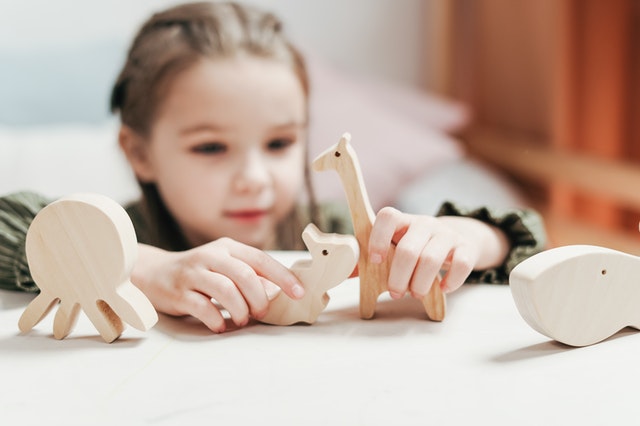5-year-old Myra complained of stomach ache. Worried, the parents took her to the doctor for a check up. When the doctor suggested an X ray of the abdomen, they were naturally worried. But the results shocked them. The child was heavily constipated, which was resulting in the stomach ache.
Signs of chronic constipation
A majority of children suffer from chronic constipation. Some of the most common complaints are persistent stomach aches, hard stools that are difficult to pass out. Most parents tend to believe that constipation is only about passing hard stools. But medically, there are primarily three possibilities of constipation: First being difficulty in passing stool, second not passing them everyday and third would be the child passing out dry, small pebbles like stools or small quantity stools that do not empty the bowel in one go.
Other signs of chronic constipation are pain while having a bowel movement, stomach pain, and pasty stool in your child’s underwear, which basically means that your child’s stool is backed up in the rectum. Another worrying sign is blood on the surface of a hard stool.
If the bowel keeps accumulating inside, it causes children to lose their appetite. In severe cases, kids also suffer from cuts and bruises around the potty area. That fear makes them hold back their stools, which is even more dangerous. Unattended constipation can cause malnutrition, and unhappy and unhealthy children.
How do you help your child if he/she has chronic habitual constipation?
According to the pediatrician, avoid giving him more milk. The more milk your child takes, the less he will be willing to eat other nutritious foods. Maida items such as biscuits are also big culprits of constipation. Furthermore, I have seen many parents giving their children plain rice. A low vegetable diet often leads to stiff bowels.
Foods to prevent and treat constipation
If your child suffers from chronic constipation, there are some diet changes that can help ease the symptoms:
- Feed them a high-fiber diet
- Add certain fruits to their diets such as bananas, prunes, and anjeer
- Make sure they are active and exercise daily
- They must drink plenty of water
If the issue doesn’t settle, it’s ok to take prescribed medicines. Most people fear laxatives thinking it may have side effects or make the body dependent on it but that’s not true.
![]()












